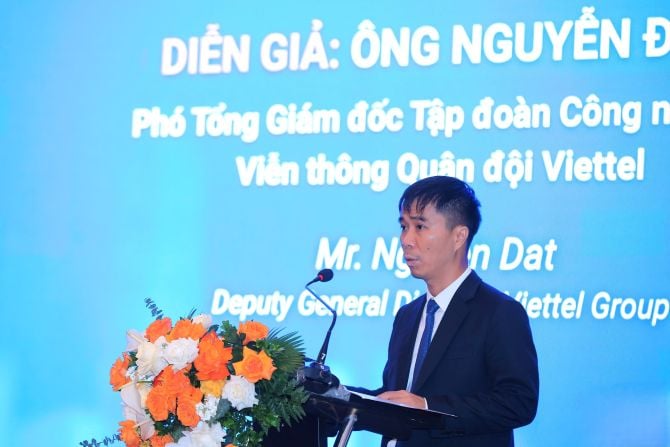
Mr. Nguyen Dat, Deputy General Director of Viettel Group, spoke at the Forum on the Future of Science and Technology, Innovation and Digital Transformation, organized by the Ministry of Science and Technology on August 29, 2025.
Difficulties in developing science and technology enterprises
Regarding the difficulties in forming and developing a network of science and technology enterprises in Vietnam, Mr. Nguyen Dat, Deputy General Director of Viettel Group, pointed out that the investment rate for research and development of domestic technology enterprises is still modest compared to international standards. "Many large companies maintain a spending level of over 5%, even some enterprises such as Huawei, Ericsson, Nokia maintain over 20% of revenue for research and development" - Mr. Dat said.
The lack of investment in research and development has resulted in Vietnamese technology enterprises having few valuable patents and technology copyrights in the international market. Viettel - one of the leading enterprises in Vietnam in terms of patents - has accumulated 260 patents in recent years, while Samsung alone has more than 24,000 patents in 2022, and Huawei has more than 8,400 patents. In addition, despite having a high-quality human resource, Vietnam is lacking world-class experts in strategic technology fields such as semiconductors, aviation, space, quantum, artificial intelligence, etc.
The domestic technology startup ecosystem is not strong enough, there is a lack of high-quality consultants and international connections, leading to limitations in improving the global competitiveness of businesses, especially startups. Meanwhile, the connection between the state, businesses and research institutes is not yet synchronized, the triangle model needs to be promoted more effectively to develop the potential of each entity. Finally, the global branding and building strategy of many technology businesses is still in the early stages.
Strategy for nurturing the "eagles"
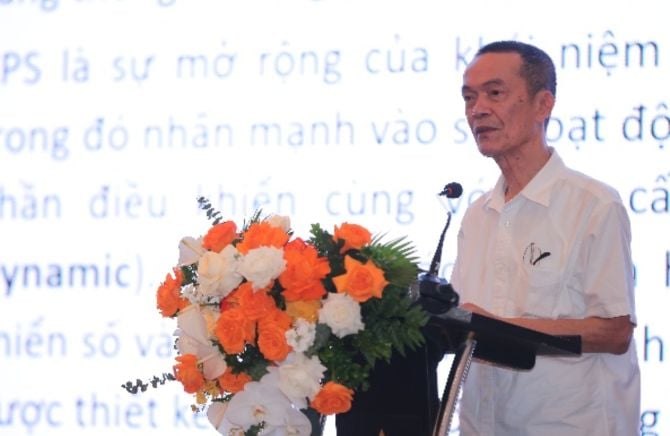
Dr. Nguyen Nhat Quang, Director of VINASA Institute of Science and Technology, spoke at the Forum.
“With the big problems that the state is posing, the technology is posing, many smaller businesses, not yet “eagles” like Viettel can also participate and contribute. And through that participation and contribution, many “young eagles” will grow up, so that we will not only have 1, 2, 3, 4 but we will have hundreds, even thousands of businesses of the scale like Viettel” - Mr. Nguyen Nhat Quang said.
Drawing on the lessons learned from Viettel's success, Mr. Nguyen Dat said that, in addition to building strategic product technology development programs, the state needs to have a long-term orientation for developing strategic technology products, an industry, to help technology enterprises increase their competitiveness.
“It is necessary to establish an investment fund for strategic technology and industry. Strategic industrial technology services and products created by businesses, organizations and individuals can be supported through this fund,” Mr. Dat proposed.
According to Mr. Nguyen Dat, this will help businesses in the early stages have the conditions to perfect their products in terms of features, quality, price and contribute to increasing competitiveness in the international market.
In addition, the state can form specialized industrial zones for strategic industries such as aviation industrial zones, semiconductor industrial zones, etc. to facilitate the development of ecosystems in strategic industries. At the same time, re-issue the criteria for assessing the localization rate in the direction of paying more attention to the proportion of mastering research and product design activities instead of just basing on the value of raw materials, spare parts, labor, services or domestic fixed assets.
“Applying this criterion will create conditions for businesses to increase market share and stabilize a solid foundation when expanding internationally,” Mr. Dat explained.
To increase product value, according to Mr. Dat, Vietnam needs to build strategic research institutes of regional stature linked with large enterprises according to the three-house model: State, enterprises, and institutes. When the State assigns the task of developing strategic technology to a leading unit such as an institute, school or enterprise, the participation and coordination of the remaining units is required. "This mechanism aims to ensure a close connection between the scientific research capacity of institutes and schools and the practical application capacity of enterprises, thereby improving the efficiency of technology transfer and commercialization," Mr. Dat analyzed.
Resolution No. 57-NQ/TW dated December 22, 2024 of the Politburo on breakthroughs in science, technology development, innovation and national digital transformation with many breakthroughs in policies for science and technology is expected to be a support and create a legal corridor for Vietnamese science and technology enterprises to grow.
Hien Thao
Source: https://doanhnghiepvn.vn/cong-nghe/giai-phap-de-doanh-nghiep-viet-vuon-minh-thanh-dai-bang-cong-nghe/20250904124159924



![[Photo] National Assembly Chairman Tran Thanh Man attends the inauguration ceremony of the Memorial Site of National Assembly Standing Committee Chairman Bui Bang Doan](https://vphoto.vietnam.vn/thumb/1200x675/vietnam/resource/IMAGE/2025/9/28/6feba23492d14b03b05445dd9f1dba88)








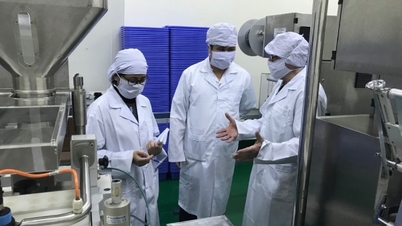

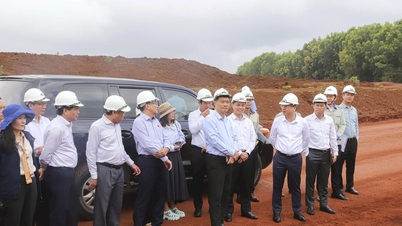

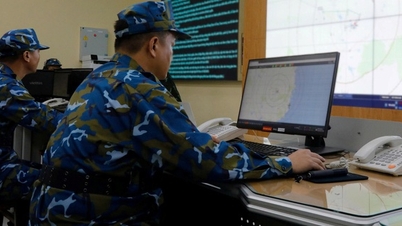

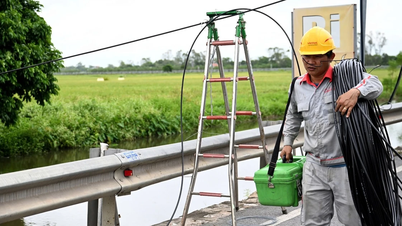




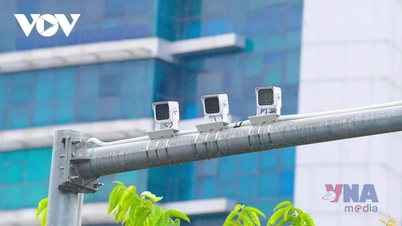









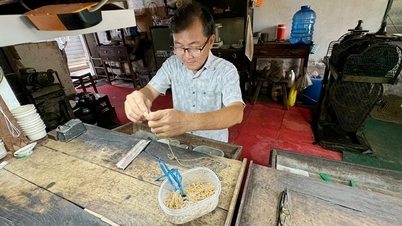



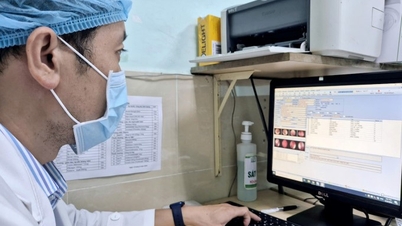























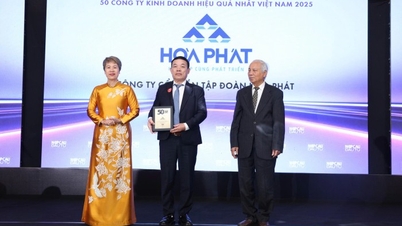















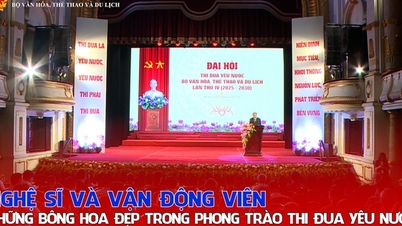





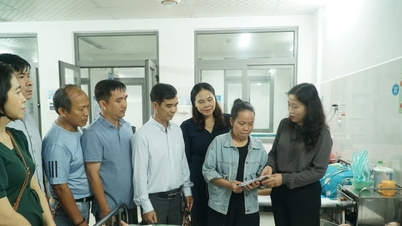




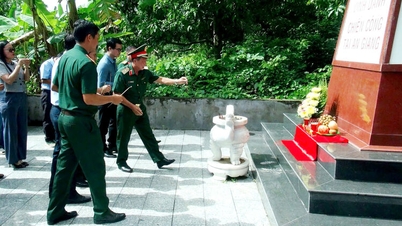











Comment (0)